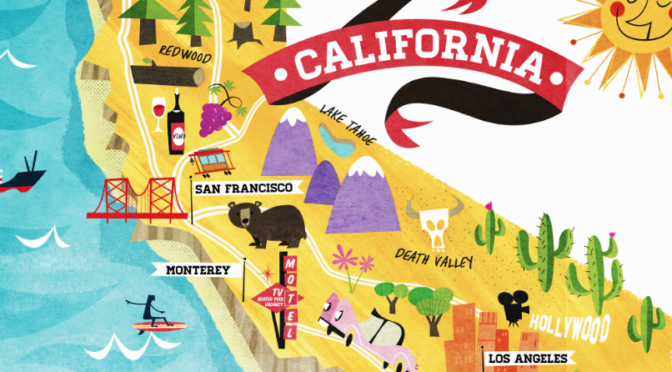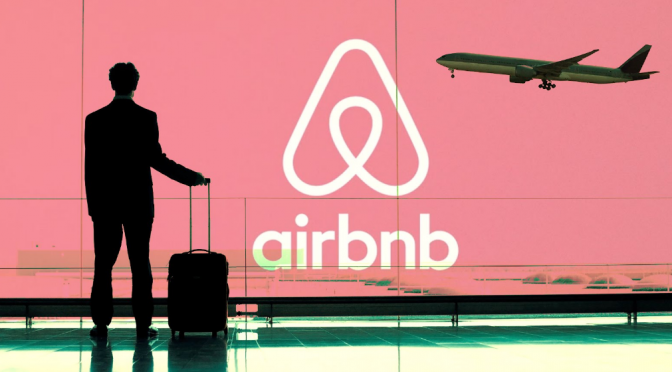1. Vehicle registration fee increase: As part of SB 1, drivers will pay between $25 and $175 more for vehicle registration at DMV. The fee, which goes into effect Jan. 1, is based on the vehicle’s current value, as follows:
- Vehicles worth between $0 and $4,999: $25 fee increase
- Vehicles worth between $5,000 and $24,999: $50 fee increase
- Vehicles worth between $25,000 and $34,999: $100 fee increase
- Vehicles worth between $35,000 and $59,999: $150 fee increase
- Vehicles worth $60,000 and higher: $175 fee increase
2. Recreational-use marijuana: The sale and cultivation of recreational-use marijuana will be legal in California on Jan. 1. By the new year, the state will have to have regulations and processes in place to issue permits for adult-use marijuana businesses. The deadline does not apply to county or city municipalities, as per AB 64.
3. Marijuana use in vehicles: Effective Jan. 1, drivers will be prohibited from smoking or ingesting marijuana or marijuana products while driving or riding as a passenger in a vehicle, as part of SB 65.
4. Minimum wage increase: For the second year in a row under SB 3, the minimum wage will increase to $11 an hour, beginning Jan. 1, for more than 2 million workers in California. Under the bill, minimum wage went up to $10.50 an hour in 2017 and will go up again to $12 per hour in 2019. It will increase $1 each year to $15 in 2022. However, Gov. Jerry Brown can halt the increase if there is a negative job growth.
5. Bars and ride-sharing: Calling for a safe ride home could get even easier, thanks to a new law that goes into effect Jan. 1. AB 711 will allow alcohol companies and businesses to team up with ride shares, like Uber and Lyft, as well as taxi services, to give out vouchers or promo codes for discounted rides.
6. Sanctuary state of California: SB 54 restricts the ability of state and local police in California to cooperate with U.S. Immigrations and Customs Enforcement, or ICE, agents. Beginning Jan. 1, law enforcement officers won’t be allowed to ask about someone’s immigration status or hold them for ICE agents, unless that person has been convicted of a crime. In addition, AB 291 prohibits landlords from reporting renters who are in the country illegally.
7. Ammunition sales: Beginning Jan. 1, ammunition purchases must be made in person through an authorized firearms and ammo vendor, as per Prop 63, which was approved by voters in November 2016.Ammunition buyers will be allow for online sales of ammunition, but it must be shipped to a licensed vendor from whom the buyer can pick it up. KCRA talked to the owner of an El Dorado County ammunition store that could close due to this new law.
8. Gender identity on driver’s licenses: SB 179 removes the requirement that people have to choose either male or female on their identification documents. Transgender people will be able to select “nonbinary” as an option if they do not identify as either male or female. This new choice will be available beginning in 2019.
9. Guns banned at schools: AB 424 eliminates a previous policy, implemented in 2016, that gave school administrators the ability to decide whether campus employees with concealed carry permits were allowed to bring their firearms to school. The new law bans firearms on campus altogether.
10. Buses and seat belts: Beginning July 1, anyone riding in a bus is required by law to be properly restrained by seat belts, if the bus is equipped with them. SB 20 also prohibits adults from putting children between the ages of 8 and 16 on a bus unless they are properly restrained by a seat belt or “child passenger restraint system that meets federal safety standards. Violations of this law will be punishable by a fine.
11. High school exit exam: High school students can rejoice at not having to suffer through the lengthy high school exit exam, which California did away with in 2015 in an effort to rewrite it. AB 830 permanently eliminates the exam as a condition of graduation.
12. Baby changing tables in bathrooms: Changing diapers is no longer just a woman’s job, and because of AB 1127, diaper-changing stations will be a requirement in both women’s and men’s public bathrooms. This applies to new construction or restrooms that undergo significant renovations.
13. Rescue animal sales: AB 485 bans pet stores from selling dogs, cats and rabbits unless they are rescue animals. The law aims to prevent California pet stores from selling animals bred in puppy mills and other mass-breeding operations.
14. Job salary history: Under AB 168, employers will no longer be able to ask job applicants about their salary history, compensation or benefits. Employers will also be required to disclose pay scales for a job if the applicants asks for them.
15. Free college: As part of a nationwide push by Democrats to provide free higher education, AB 19 is the first step in that process, waiving the fee for first-time students who enroll full time in California community colleges.
16. Neighborhood voting: In an effort to bolster declining voter turnout, SB 450 replaces neighborhood polling places with elections done mainly by mail. Every voter will receive a mail-in ballot, which they can then take to a drop-off location up to four weeks before Election Day.
17. Car window tinting: Under the previous law, drivers were prohibited from having tint or any other material or display that “reduces the driver’s clear view through the windshield or side windows.” AB 1303allows drivers with a medical condition certified by a dermatologist to tint their windshields, side and rear windows to protect them from ultraviolet rays.
18. Crossing the street: Pedestrians who cross the street while the red hand signal is flashing will no longer be penalized for doing so. Under AB 390, if the flashing red hand symbol appears and there is a countdown to indicate how much time pedestrians have left to cross, walkers are legally permitted to do so.




